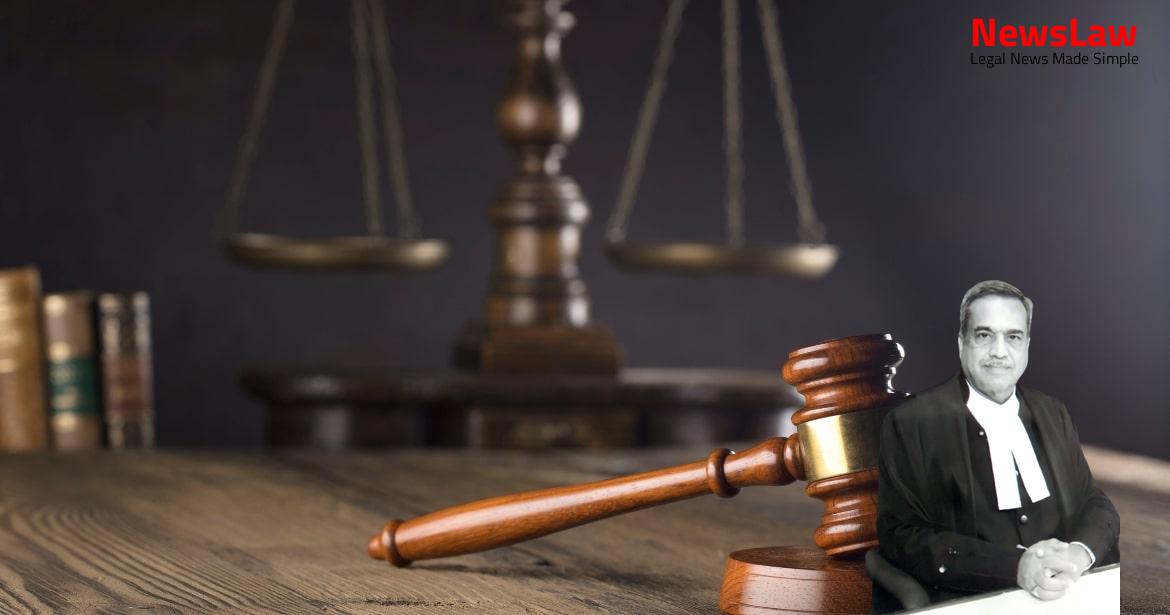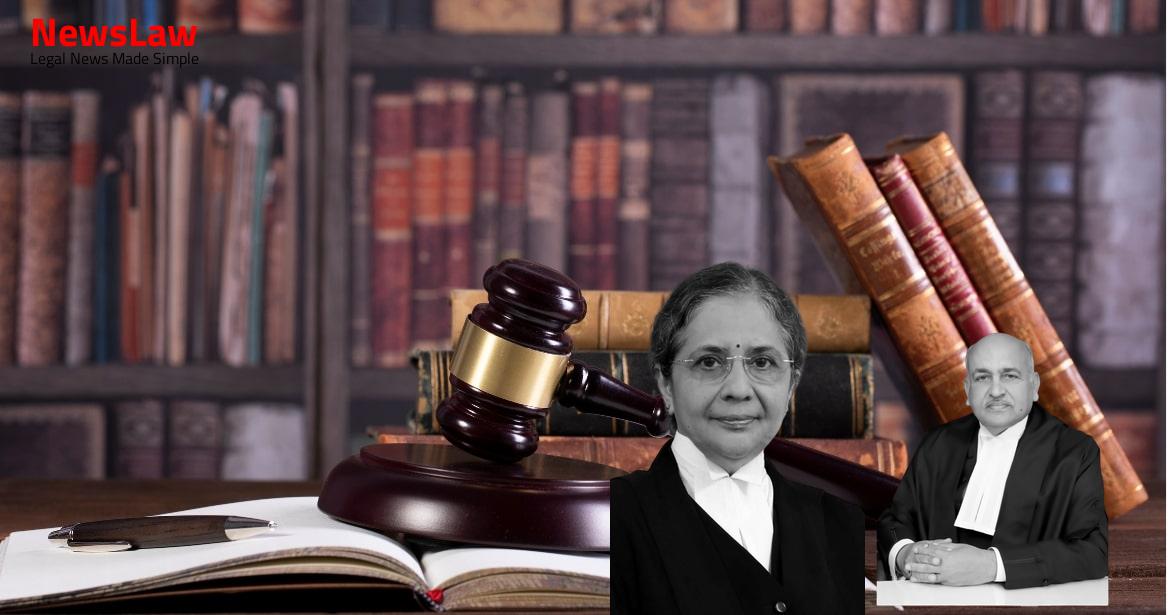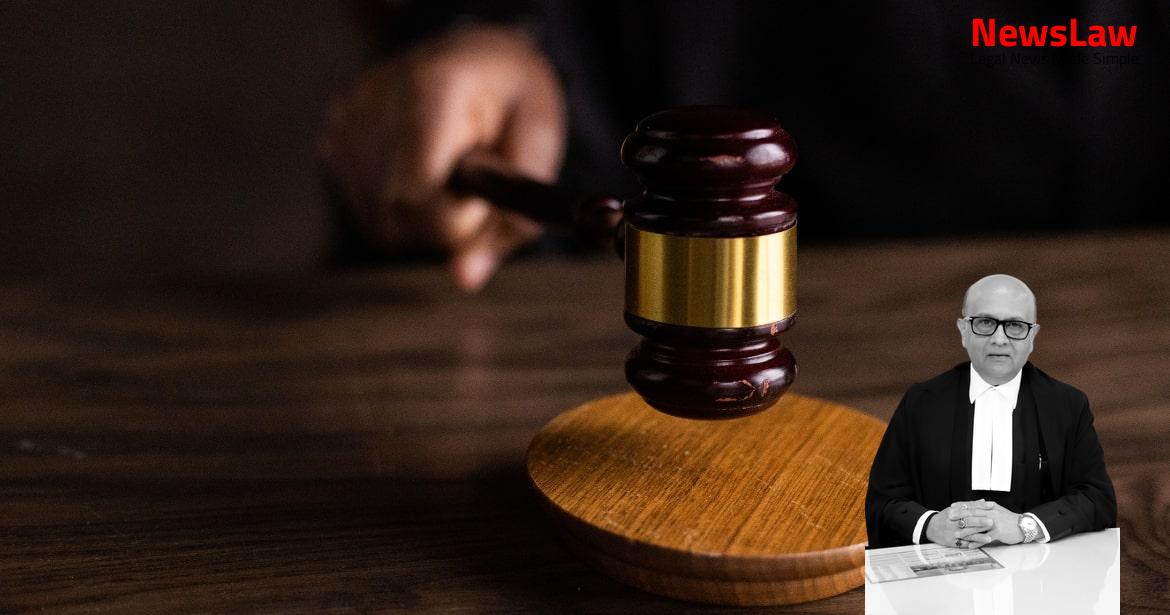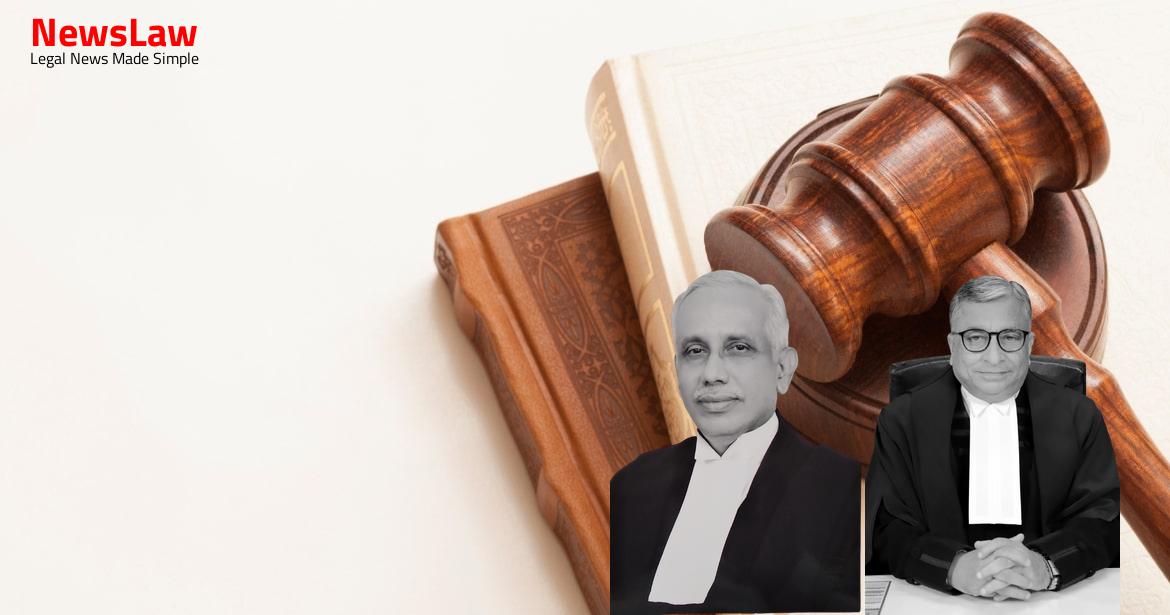The case delves into the Supreme Court’s thorough legal analysis of advocates’ strikes in Indian courts. Emphasizing the importance of upholding the dignity of the legal profession and ensuring access to justice, the Court’s judgment provides a comprehensive view on the matter. Let’s explore the intricate legal reasoning behind the Court’s stance on advocates’ strikes in the Indian legal system.
Facts
- The High Court directed the District Bar Associations of Dehradun, Haridwar, and Udham Singh Nagar to withdraw their call for a strike and start attending Courts on working Saturdays.
- All District Bar Associations in the State were instructed to refrain from abstaining from Courts due to condolence references or other reasons.
- The District Bar Association, Dehradun, filed the present SLP against the High Court’s order dated 25.09.2019 in Writ Petition (PIL) No. 31 of 2016.
- District Judges must direct striking Advocates to resume attending Courts as per Supreme Court directions
- Failure to comply may lead to reports being submitted to the High Court for further action
- High Court to consider initiating action against errant Advocates under Contempt of Courts Act
- Strikes are severely obstructing access to justice for needy litigants
- Respondent No. 1 filed a PIL in the High Court due to the impact of strikes on access to justice
Also Read: Court’s Analysis on Interim Order for Appointing Contractual Employees
Arguments
- The petitioner’s Senior Advocate argues that the right to strike/boycott courts is a fundamental right under Article 19(1)(a) of the Indian Constitution.
- The strike is considered a peaceful form of expressing grievances when no other forum is available.
- Section 48 of the Advocates Act provides protection for acts done in good faith, contradicting the High Court’s directions to take action against striking Advocates.
- The Bar Association has already withdrawn the strike on all Saturdays.
- Despite the petitioner’s arguments, the High Court’s directions are deemed justified by the Supreme Court.
Also Read: The Supremacy of Pharmacy Act in Regulating Pharmacy Education
Analysis
- Bar Council of India to take action against Bar Associations engaging in strikes/boycotts
- Uttarakhand State Bar Council to discipline office bearers of District Bar Associations for illegal strikes on Saturdays
- District Judges to ensure courts function on Saturdays and cases are disposed of
- Commissioner of Police/Senior Superintendent of Police to assist District Judge upon request
- Advocates have no absolute right to appear in court; actions can be taken for contempt of court
- Bar Council or Bar Association cannot permit meetings for strikes; requisitions for such meetings to be ignored
- Courts may ignore protests for not more than one day in exceptional circumstances
- President of the Bar must consult Chief Justice or District Judge before advocates absent themselves from court
- Courts not obliged to adjourn matters due to lawyer strikes; must proceed with cases even in absence of lawyers
- Lawyers personally liable for costs and damages if they abstain due to strike calls
- Hopes for no strikes or boycotts with clarifications and emphasis on self-restraint
- Professional misconduct may amount to contempt of court; Bar Councils authorized to take disciplinary actions
- The Bar Councils have a duty to uphold the dignity of the courts and prevent interference in the administration of justice.
- Boycotting courts on Saturdays in various districts is unjustifiable and amounts to contempt of court.
- Concrete joint action is necessary to prevent further strikes by the Bench and Bar.
- The right to freedom of speech cannot be exercised at the cost of litigants or the justice delivery system.
- Bar Councils have disciplinary jurisdiction over advocates and should ensure professional conduct.
- Court proceedings should be held in a dignified and orderly manner.
- The Bar Council cannot call for strikes or boycotts as it affects access to justice and the right to a speedy trial.
- The Supreme Court can intervene if Bar Councils fail to take disciplinary action against advocates participating in strikes.
- The Court has supervisory and controlling power over the right to appear and conduct cases in court.
- The Ministry of Law and Justice should provide quarterly reports on strikes in order to enforce the right to speedy access to justice.
- The final appellate authority in disciplinary matters is the Supreme Court.
- Conduct in court is under the jurisdiction of the court, not the Bar Council.
- Preventing strikes would contribute to the early disposal of criminal trials and benefit those awaiting trial.
- The strikes by lawyers have continued unabated despite rules framed by courts.
- The dispensation of justice must not stop for any reason.
- Lawyers’ strikes lower the image of courts and deny right to speedy justice to litigants.
- The Supreme Court has deprecated boycotting court proceedings and suspended court work.
- Lawyers must not participate in strikes or boycotts, and must uphold professional standards.
- Advocates are officers of the court and must ensure smooth functioning of the legal system.
- Advocates can be debarred from appearing in court for misconduct or contempt.
- Bar Councils have a duty to maintain dignity of courts and uphold the majesty of law.
- Courts have the authority to take disciplinary action against advocates for misconduct or contempt.
- Lawyers cannot refuse to attend court due to strike calls and must fulfill their professional duties.
- Unprofessional conduct by advocates can amount to contempt of court.
- Regulatory mechanisms of the legal profession need to be reviewed and strengthened.
- Advocates have an obligation to assist in the access to justice and must not disrupt court proceedings.
- Courts can withdraw privileges of advocates for misconduct or contempt.
- Bar Councils must ensure there is no unprofessional conduct by advocates and must take appropriate disciplinary actions.
- Bar Councils are responsible for upholding the dignity of courts and preventing interference in the administration of justice.
- Courts have the jurisdiction to control the right of appearance of advocates.
- The Law Commission recommended changes in the regulatory framework for the legal profession.
- Advocates have no right to go on strike or give a call for boycott, and must attend court as required.
Also Read: Judicial Analysis: Death Penalty Conversion in Landmark Case
Decision
- The present Special Leave Petition should be dismissed as the Court agrees with the High Court’s view and conclusions.
- A serious note is taken that lawyers and Bar Associations still go on strikes despite past Court decisions.
- Suo moto cognizance is taken, and notices are issued to the Bar Council of India and all State Bar Councils to suggest solutions for handling strikes.
- Notices must be returned within six weeks from today.
- All concerned, including District Bar Associations, are directed to comply with the High Court’s directions in the true spirit.
Case Title: DISTRICT BAR ASSOCIATION DEHRADUN Vs. ISHWAR SHANDILYA (2020 INSC 237)
Case Number: SLP(C) No.-005440-005440 / 2020



